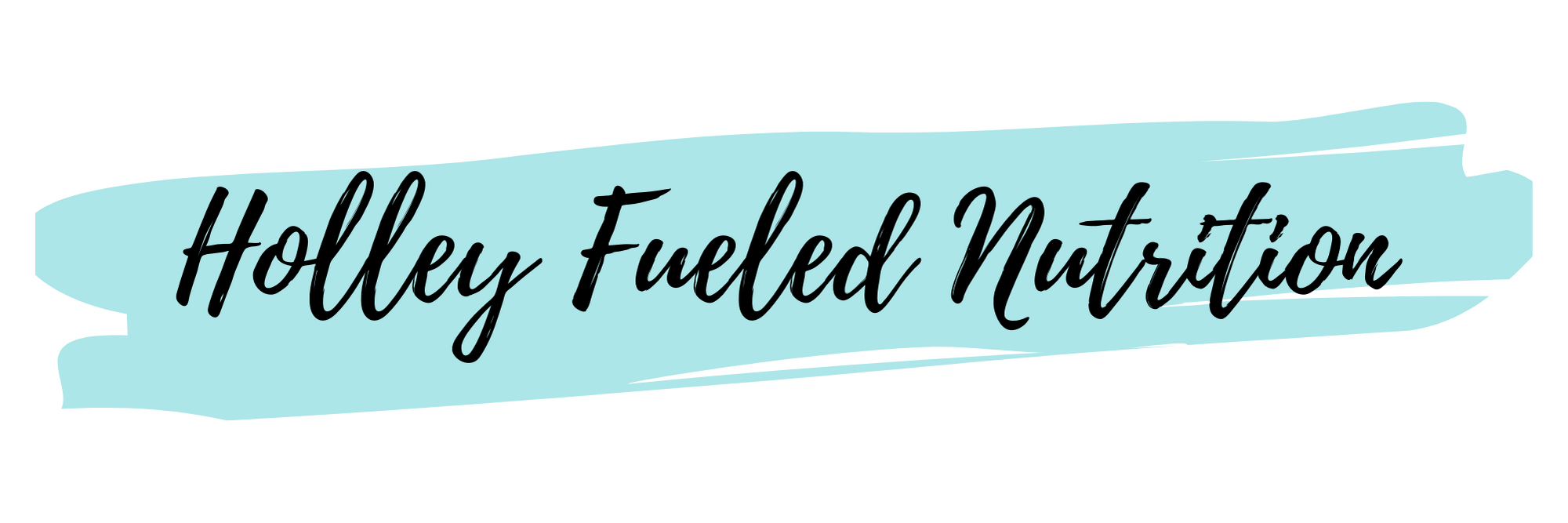Kiwifruit and Sleep: A Natural Boost for Athlete Recovery and Performance
Hi, this is team dietitian Erika! As part of our ongoing commitment to optimize athlete performance and recovery, we're excited to share insights from a recent study exploring the benefits of kiwifruit consumption on sleep. Recognizing the pivotal role sleep plays in training adaptations and injury prevention, we've looked into functional food interventions that align with athletes' 'food first' approach. This study sheds light on how the natural melatonin content in kiwifruit can positively influence sleep patterns and recovery processes, offering a promising avenue for enhancing athletic wellbeing.
Key Findings from the Study on Kiwifruit Consumption and its Impact on Sleep in Elite Athletes:
Background and Importance of Sleep for Athletes:
Poor sleep negatively impacts training adaptations, increasing the risk of injury and reducing performance.
Addressing sleep issues is critical for preventing non-functional overreaching and over-training syndrome.
The study explores kiwifruit as a functional food intervention due to its melatonin content, impacting circadian rhythm regulation.
Study Methodology:
The study involved elite athletes consuming two medium-sized green kiwifruit one hour before bedtime over a four-week period.
Participants completed baseline assessments, a four-week intervention, a questionnaire at baseline and post-intervention, and maintained a daily sleep diary.
Improvements in Sleep and Recovery:
Sleep Quality and Quantity:
Clinically significant improvements in sleep quality scores were observed.
Total sleep time and sleep efficiency percentages increased notably.
Numbers of awakenings and wake after sleep onset (WASO) significantly decreased, indicating more restful sleep.
Recovery and Stress Balance:
Improvements in recovery stress balance were noted, with reduced general and sports stress scales.
The intervention positively influenced the athletes' overall recovery and readiness.
Nutritional Benefits of Kiwifruit:
Rich in melatonin, antioxidants, serotonin, and folate, all contributing to improved sleep and reduced oxidative stress.
Enhances vitamin C levels, further supporting antioxidant status and immune function.
Study Challenges and Limitations:
Small sample size may limit generalizability; consisted of two elite athlete squads.
Reliance on self-report measures, which are prone to error and subjective bias, although practical in athletic settings during the pandemic.
Lack of objective sleep measures like actigraphy or polysomnography due to COVID-19 restrictions.
Recommendations for Future Research:
Future studies should incorporate objective sleep measures alongside self-reports to provide a more comprehensive view of kiwifruit's effects.
Expanding the study with a larger cohort and in a randomized control trial format to confirm findings and develop practical supplementation guidelines.
Exploring kiwifruit’s effects across diverse athletic populations to establish broader applicability of these findings.
This study marks a promising step towards understanding functional food interventions for improving sleep and recovery in athletes, paving the way for dietary strategies that enhance overall performance and wellbeing.
